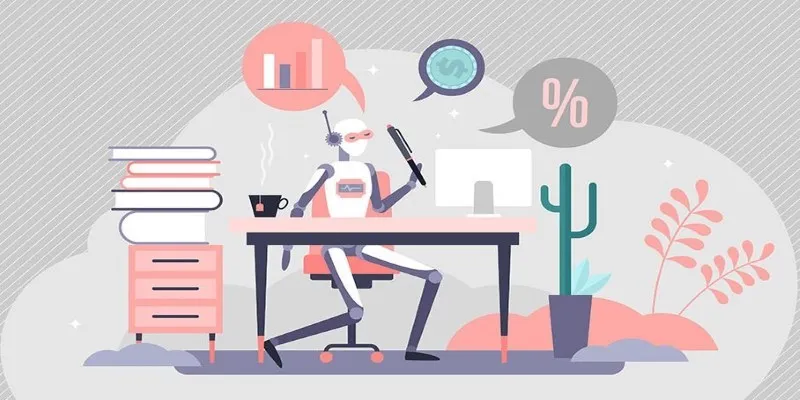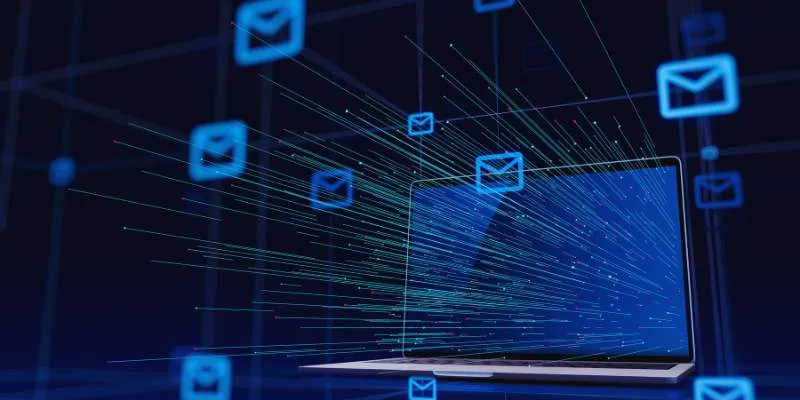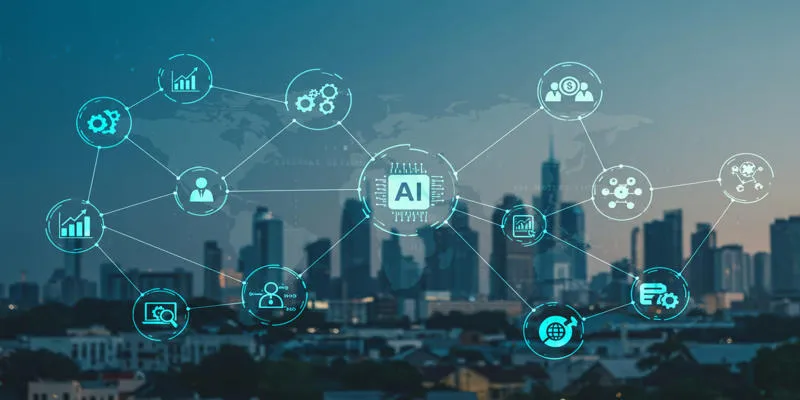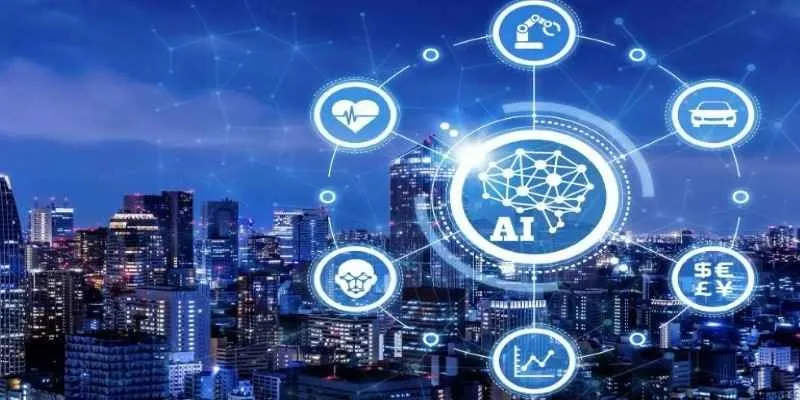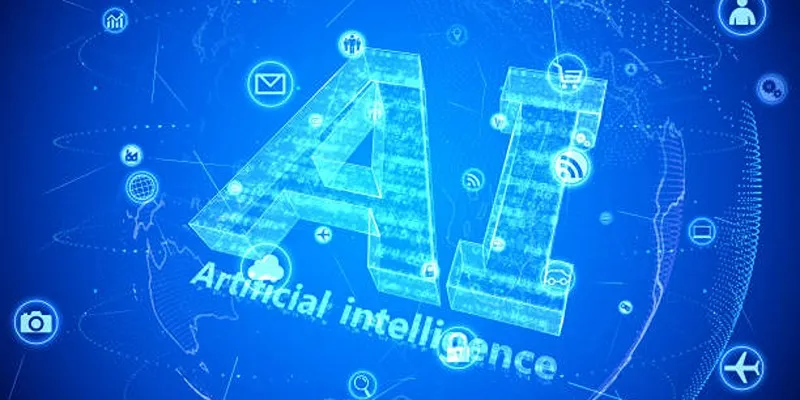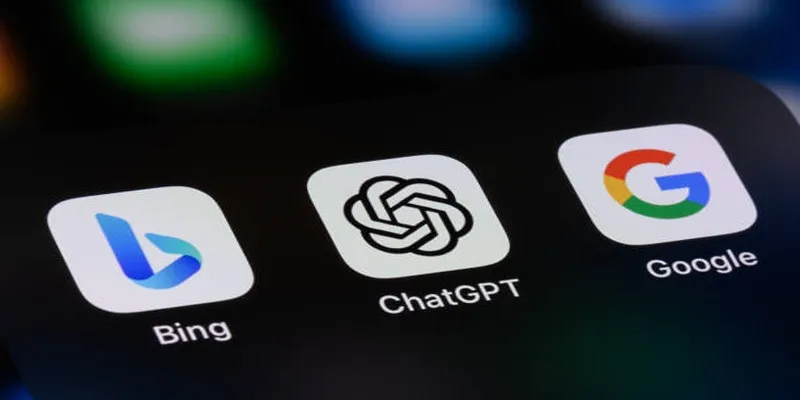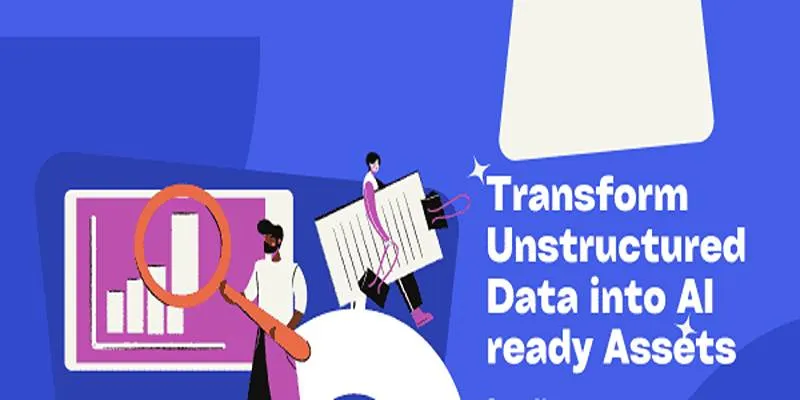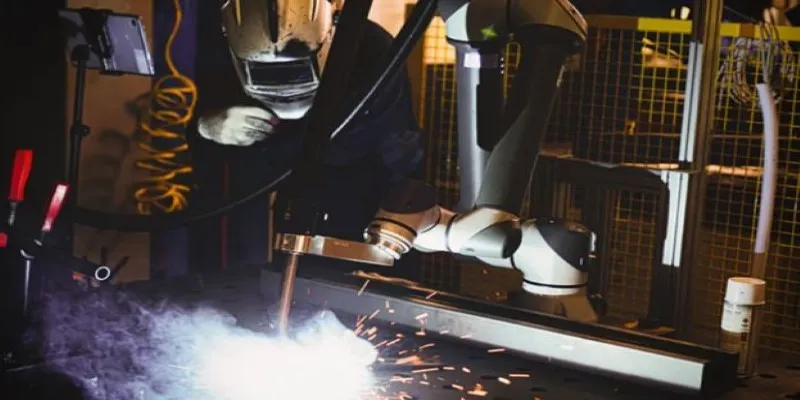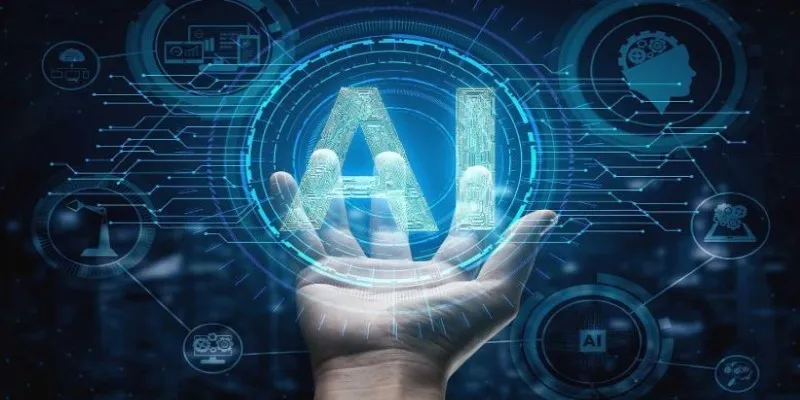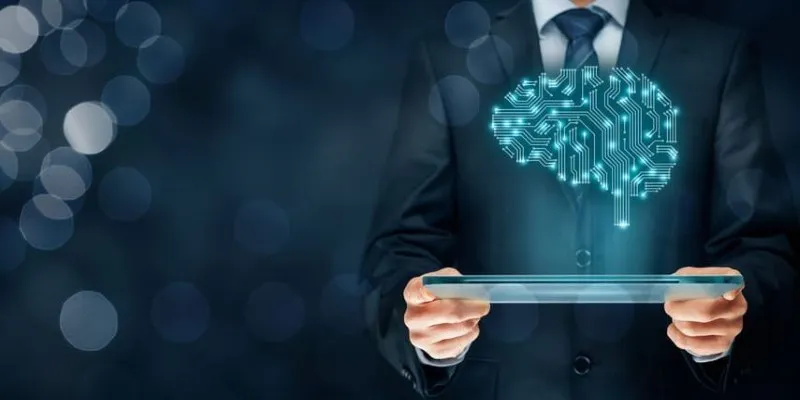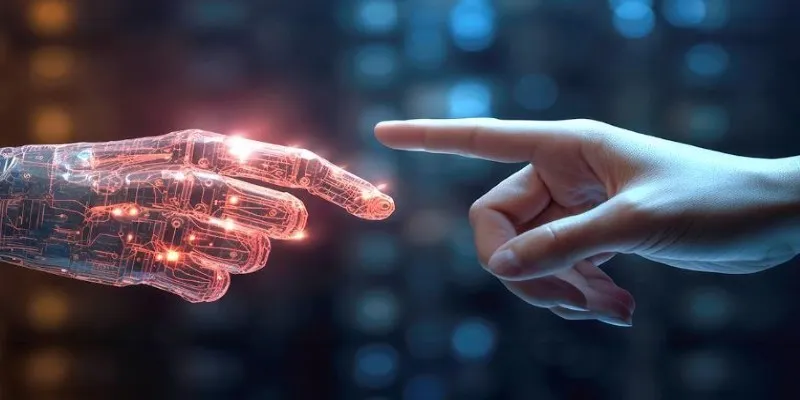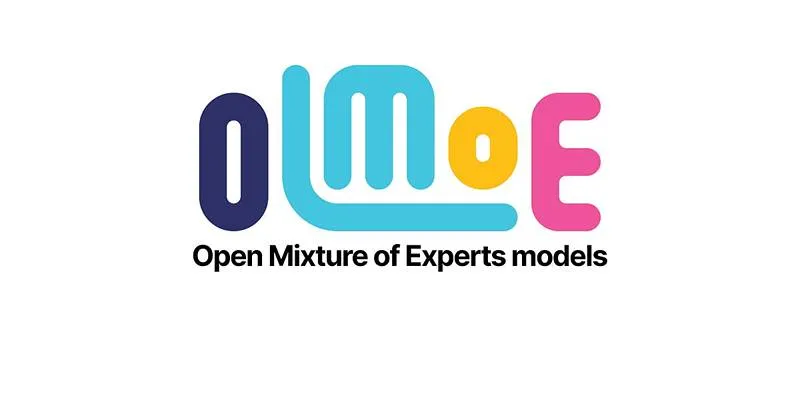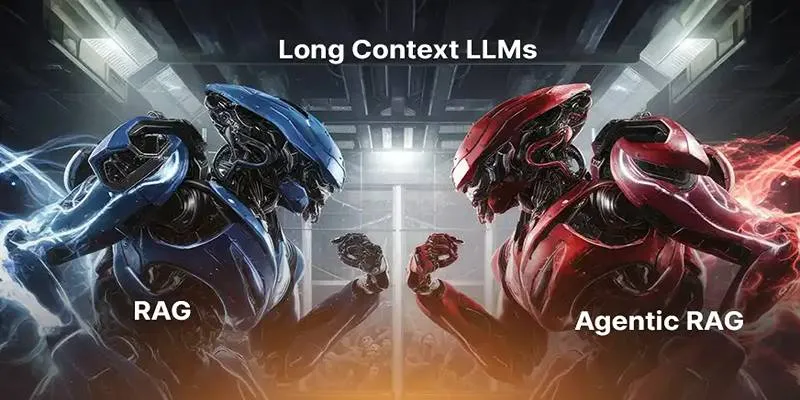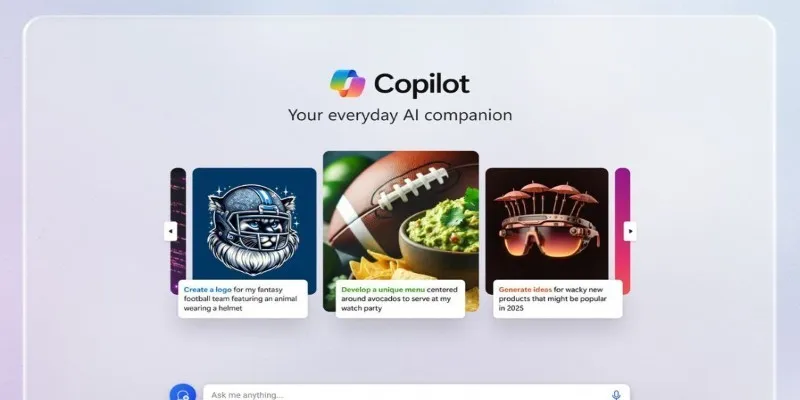OpenAI is revolutionizing our interaction with technology by expanding the capabilities of artificial intelligence. From answering questions to generating artwork, OpenAI has brought AI into the mainstream. Founded by industry leaders like Elon Musk and Sam Altman, OpenAI’s mission is to create AI that benefits everyone, ensuring it doesn’t fall into the hands of a select few.
Through its powerful language models and innovative image generators, OpenAI is paving the way for a future where machines collaborate with humans, enhancing creativity, productivity, and problem-solving to unprecedented levels.
The Origins and Mission of OpenAI
Founded in 2015 by tech entrepreneurs Elon Musk, Sam Altman, and Greg Brockman, OpenAI began as a nonprofit research facility with a clear mission: to make artificial intelligence accessible and beneficial to all. Unlike traditional tech companies that often keep innovations proprietary, OpenAI committed to sharing its research to promote responsible AI development. Transitioning to a for-profit entity allowed OpenAI to secure funding for advanced AI technologies like GPT-3, GPT-4, and DALL·E, which have redefined AI’s potential.
OpenAI remains dedicated to promoting AI ethically. The organization aims to prevent AI from being monopolized and focuses on developing human-aligned AI systems that prioritize safety, fairness, and accessibility.
How OpenAI’s Technology Works
OpenAI’s technology is grounded in deep learning, a subset of machine learning that empowers AI to understand, generate, and manipulate text, images, and code. The Generative Pre-trained Transformers (GPT) series is central to OpenAI’s innovation, trained on extensive text data to generate human-like responses and create coherent articles.
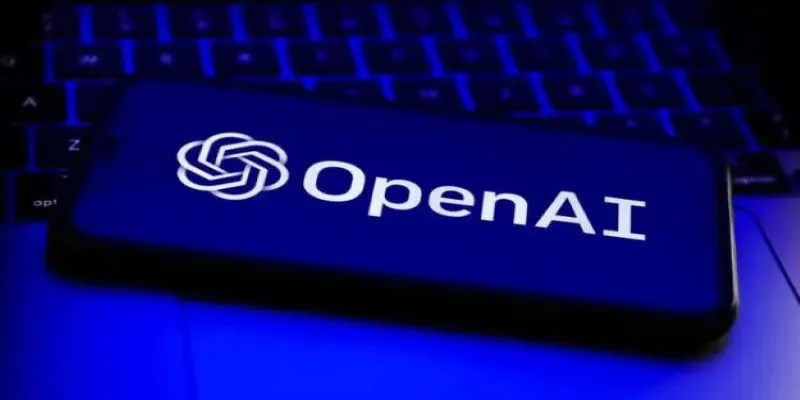
These models are trained on billions of words from diverse sources, allowing them to recognize language patterns and respond contextually. While these AI models don’t “think” like humans, they predict words and phrases based on probabilities from training data.
Beyond language processing, OpenAI has developed AI systems for image generation and code automation. DALL·E can create images from text descriptions, while Codex assists programmers by generating and refining code snippets. These advancements demonstrate OpenAI’s influence beyond text-based AI, impacting creativity and productivity across various fields.
OpenAI’s technology has practical applications across multiple industries. In healthcare, AI models support medical research and diagnosis. In business, they enhance customer service and content creation. The education sector benefits from AI through tutoring, grading, and learning support. OpenAI’s tools are becoming integral to everyday life.
The Ethical Challenges OpenAI Faces
With significant innovation comes great responsibility, and OpenAI faces several ethical challenges as it advances AI systems. One major concern is bias in AI models. AI can inherit biases from the data it learns from, and OpenAI continues to work on addressing these biases, though eliminating them entirely remains challenging.
AI safety is another critical issue. As AI grows more powerful, the risk of misuse increases, including threats like deepfake technology and misinformation. OpenAI actively works to enhance model safety by implementing content filters and ethical guidelines. Achieving a balance between innovation and safety is a continuous challenge.
Data privacy is also a concern. AI models rely on extensive datasets, raising questions about user privacy. OpenAI takes steps to avoid using personally identifiable information in training data, but data security and responsible AI use remain pressing issues.
The Future of OpenAI
Looking forward, OpenAI is focused on developing more advanced AI systems while emphasizing ethical considerations. Its research into artificial general intelligence (AGI) envisions AI that can perform tasks across diverse fields with human-like adaptability. Although AGI is still theoretical, OpenAI’s progress could revolutionize technology in unimaginable ways.
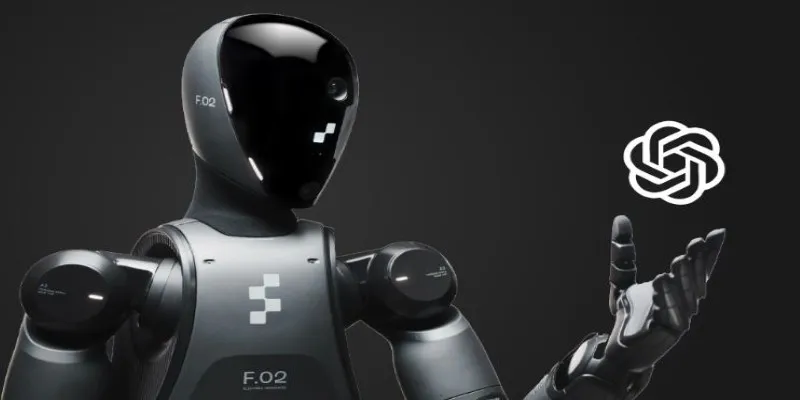
OpenAI is also dedicated to collaborating with governments, businesses, and researchers to shape global AI policies. As AI evolves rapidly, establishing regulatory frameworks for responsible development and use is crucial. OpenAI’s commitment to transparency and public involvement is likely to influence AI regulations, steering advancements toward ethical outcomes.
Conclusion
OpenAI is a transformative force in artificial intelligence, driving innovation in language processing, image generation, and more. From its beginnings as a nonprofit research lab, OpenAI has become a leader in the AI field, reshaping industries and human-machine interactions. While its advancements offer immense potential, challenges like bias, safety, and ethical AI use remain. As OpenAI continues to shape the future of AI, its emphasis on transparency, safety, and responsible development will play a crucial role in its trajectory. As AI becomes an integral part of daily life, OpenAI’s impact will be pivotal in determining its future direction.
 zfn9
zfn9
